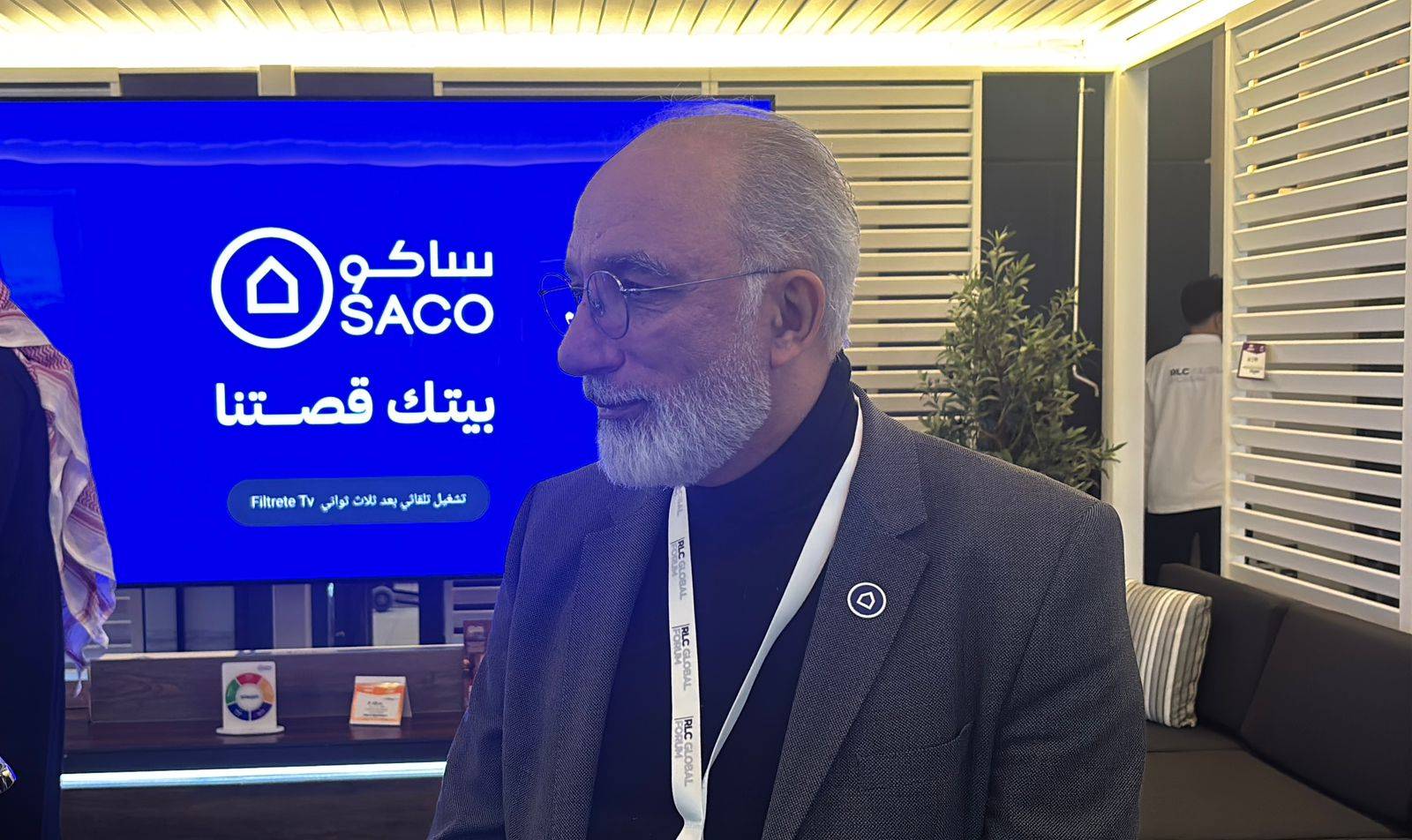The European Union is seeking an alternative for Russian gas and diversifying its energy sources, as Germany found other options for its needs through the Middle East and the US.
Germany depended on Russia for over 60 percent of its energy needs.
In partnership with the US, Germany is trying to reduce local Egyptian gas consumption by increasing reliance on renewable energy, aiming to supply Berlin with gas.
As part of the US-German plan, Egyptian gas would cover a large amount of Germany's gas needs during the coming period.
Furthermore, Egypt's provision and export of gas would increase its hard currency, boost its political and economic presence in the international community, and help reach its climate goals.
The US, German, and Egyptian governments released a political statement outlining a plan for accelerating Egypt's Energy Transition through Egypt's Country Platform for Nexus of Food, Water, and Energy (NWFE).
The statement noted that Washington and Berlin are committed to mobilizing more than $250 million in resources to support the deployment of 10 GW of new wind and solar energy projects while decommissioning 5GW of inefficient natural gas generation.
The project is coordinated by the European Bank for Reconstruction and Development, the State Department statement said.
Egypt committed to enhancing its Nationally Determined Contribution by quadrupling its installed renewables capacity share to 42 percent by 2030. It also committed to adopting an ambitious 2050 long-term strategy to explore a net-zero greenhouse gas emissions target and kick-start the development of green hydrogen.
Meanwhile, US President Joe Biden announced on Friday during his speech at the UN Climate Summit (COP27) in Sharm El-Sheikh, that Washington, in partnership with the EU and Germany, would provide a $500 million package to finance and facilitate Egypt's transition to clean energy.
Biden announced that the United States would provide $150 million in initiatives to African countries to address the consequences of climate change.
Biden added: "We'll also work with Egypt to capture nearly four billion cubic meters of natural gas, which Egypt currently flares, vents, or leaks from its oil and gas operations. And because of this cooperation, Egypt is elevating its climate ambition and submitting an enhanced nationally determined contribution."
Egypt recently signed several memoranda of understanding on green hydrogen projects, aiming to produce it through clean, emission-free energy sources.










